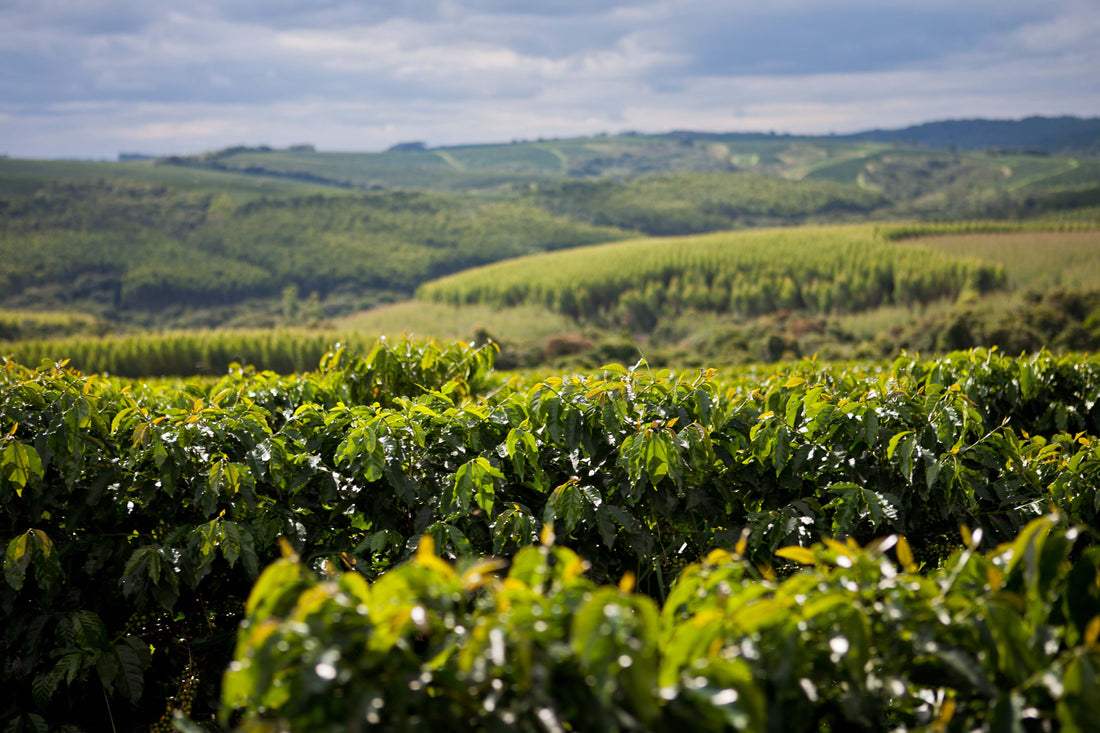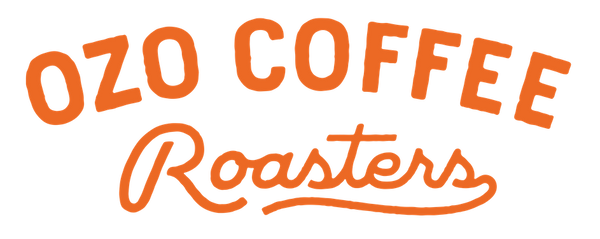
U.S. Import Tariffs and the Impact on the Specialty Coffee Industry
In our world where coffee connects communities across continents, policy changes in one country can send ripples through the entire industry. With the U.S. implementing worldwide import tariffs on all goods, including green coffee, the specialty coffee sector is facing significant challenges and uncertainty. While some believe that tariffs may serve broader economic or political strategies, their impact on cafe owners, coffee roasters, importers, farmers and co-ops, and everyone involved from bean to cup cannot be overlooked.
Since coffee is not grown in the U.S. at scale, the entire industry relies on importing green coffee beans from producing countries in Central and South America, Africa, and Asia. Hawaii is the primary domestic source of green coffee but typically only contributes less than 1% of all consumption in the United States. A tariff on these imports means that every bag of green coffee entering the U.S. will come with an additional cost, directly impacting the entire supply chain.
How Will This Affect the Specialty Coffee Industry?
1. Coffee Importers
Importers, who connect international coffee growers and U.S. roasters, will first feel the financial burden. Many operate on narrow margins, and the added tariffs will lead to increased prices on the green coffee that they make available to roasters for purchase. The increased costs from tariffs could potentially lead to reducing the variety, quality, and/or quantity of coffee available in the U.S. market.
2. Coffee Roasters
For roasters, import tariffs ultimately mean an increase in the cost of green coffee. Since specialty coffee often already comes at a premium due to its quality and ethical sourcing practices, roasters will be challenged to absorb as much increased cost as possible into their already narrow margins and pass along an additional expense on to consumers. In the competitive nature of the coffee industry, neither option is ideal.
3. Cafe Owners
With rising wholesale costs, coffee shop owners will likely have to raise prices on brewed coffee, espresso drinks, and retail whole bean coffee. Specialty coffee drinkers may see their daily cup become noticeably more expensive, which could impact demand. In an industry where customer loyalty is key and costs are always rising, this can create a challenging balance between maintaining quality and keeping coffee affordable.
4. International Coffee Farmers
The specialty coffee industry thrives on strong relationships with producers around the world, many of whom already operate on very thin profit margins. The U.S. is the largest importer of coffee globally, and if that market shrinks due to increased costs and decreased demand then farmers may struggle to find buyers for their high-quality coffee. This would not just be a disruption to their income, but to the livelihood of their entire region.
5. Diversity in the Specialty Coffee Community
Beyond just the economic aspects, tariffs could also have an impact on the diversity of coffee offerings in the U.S. if Roasters adjust their sourcing strategies to favor coffees from certain regions based on cost rather than quality or ethical sourcing principles. The diverse variety of origins, varietals, processing methods, and unique flavor profiles that define specialty coffee could be affected by more cost sensitive sourcing.
Moving Forward
The specialty coffee industry is built on resilience, innovation, and a deep respect for its global community. While worldwide import tariffs present challenges for the specialty coffee industry, they also highlight just how interconnected every link is in the coffee supply chain. Every cup of coffee tells a global story, from the hands that harvest the beans to the barista who serves your Cortado. By understanding the impacts of these tariffs and continuing to support the industry, coffee enthusiasts can help ensure that specialty coffee remains a sustainable and thriving industry for years to come.
At Ozo Coffee Roasters, we remain focused on our commitment to quality, affordability, and strong sustainable relationships with our farmers and importers. Despite rising costs and global uncertainty, we will continue to source the highest quality specialty coffee while maintaining fair and direct trade partnerships with our farmers. By innovating our roasting practices, optimizing our supply chain, and advocating for sustainable policies, we aim to keep your cup of coffee exceptional without compromising the livelihoods of all those that we respect so much in our supply chain.
